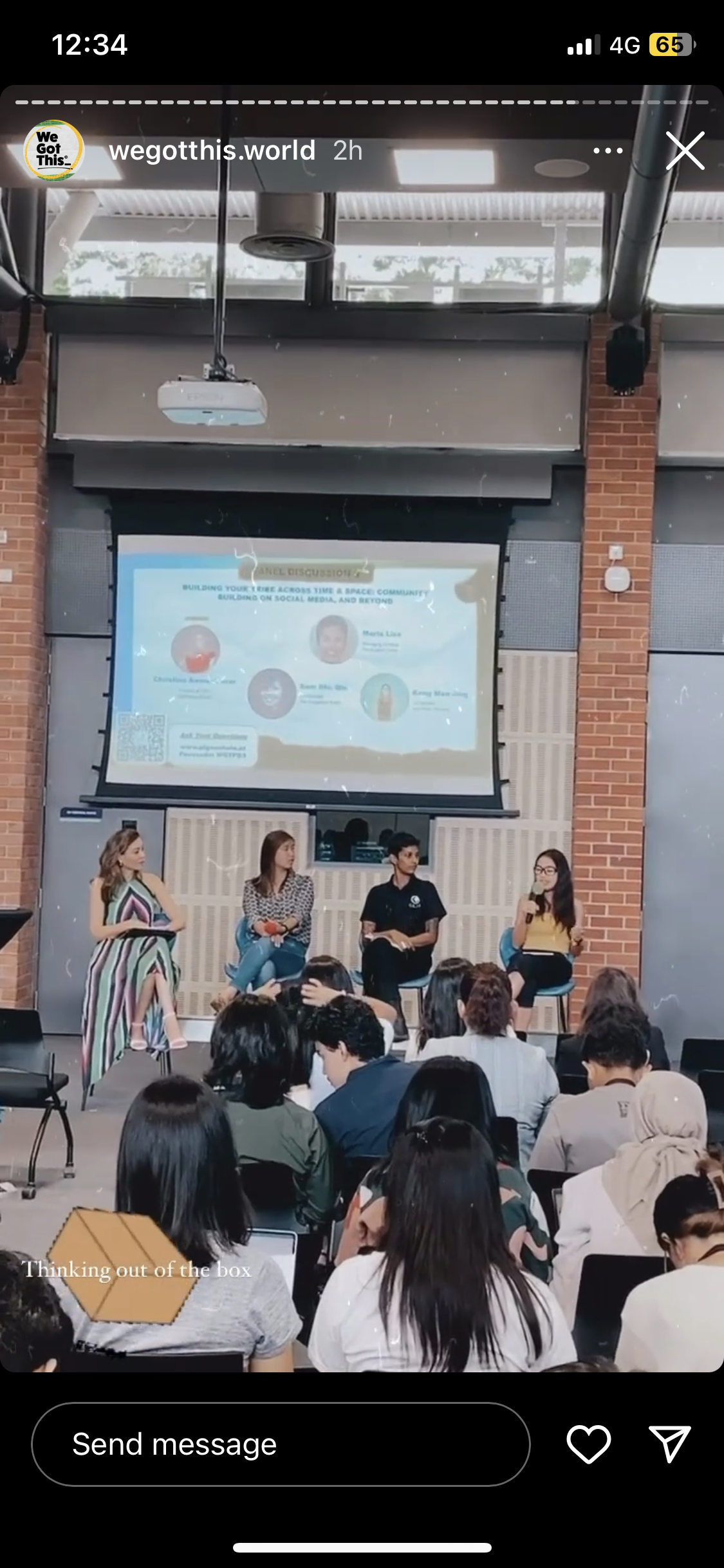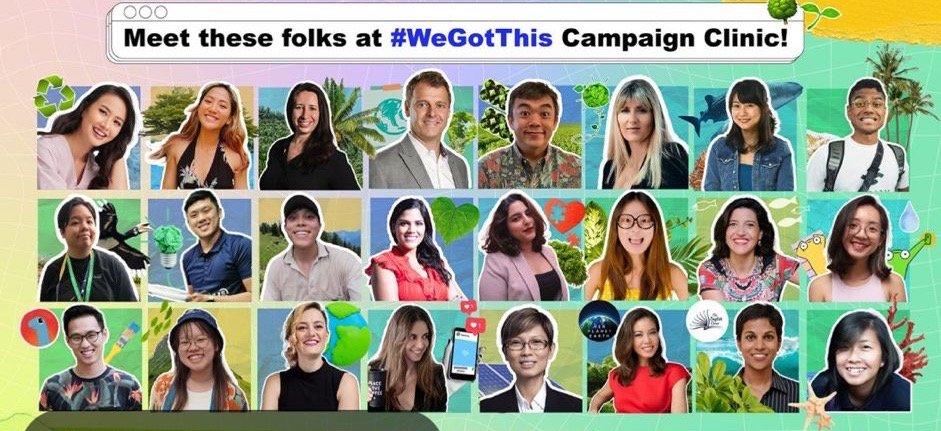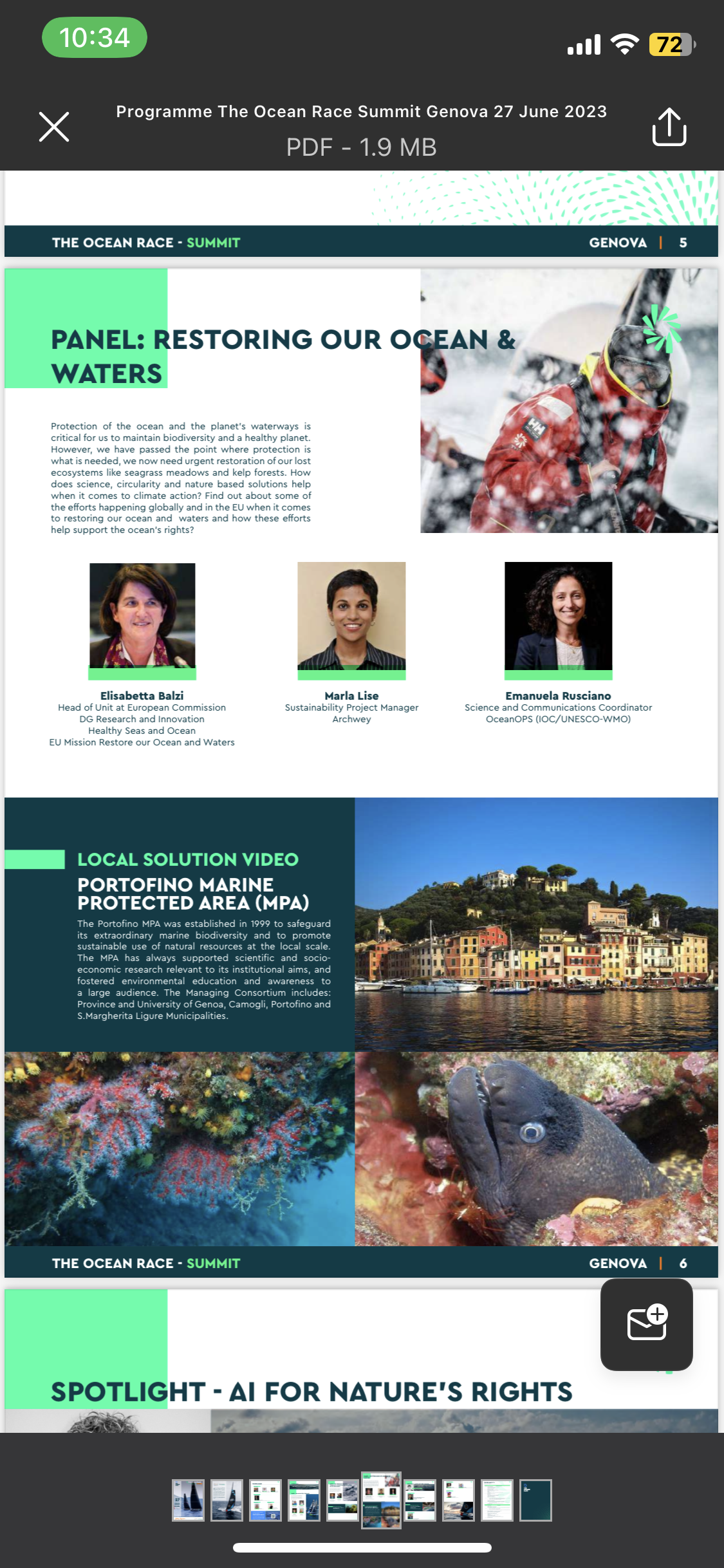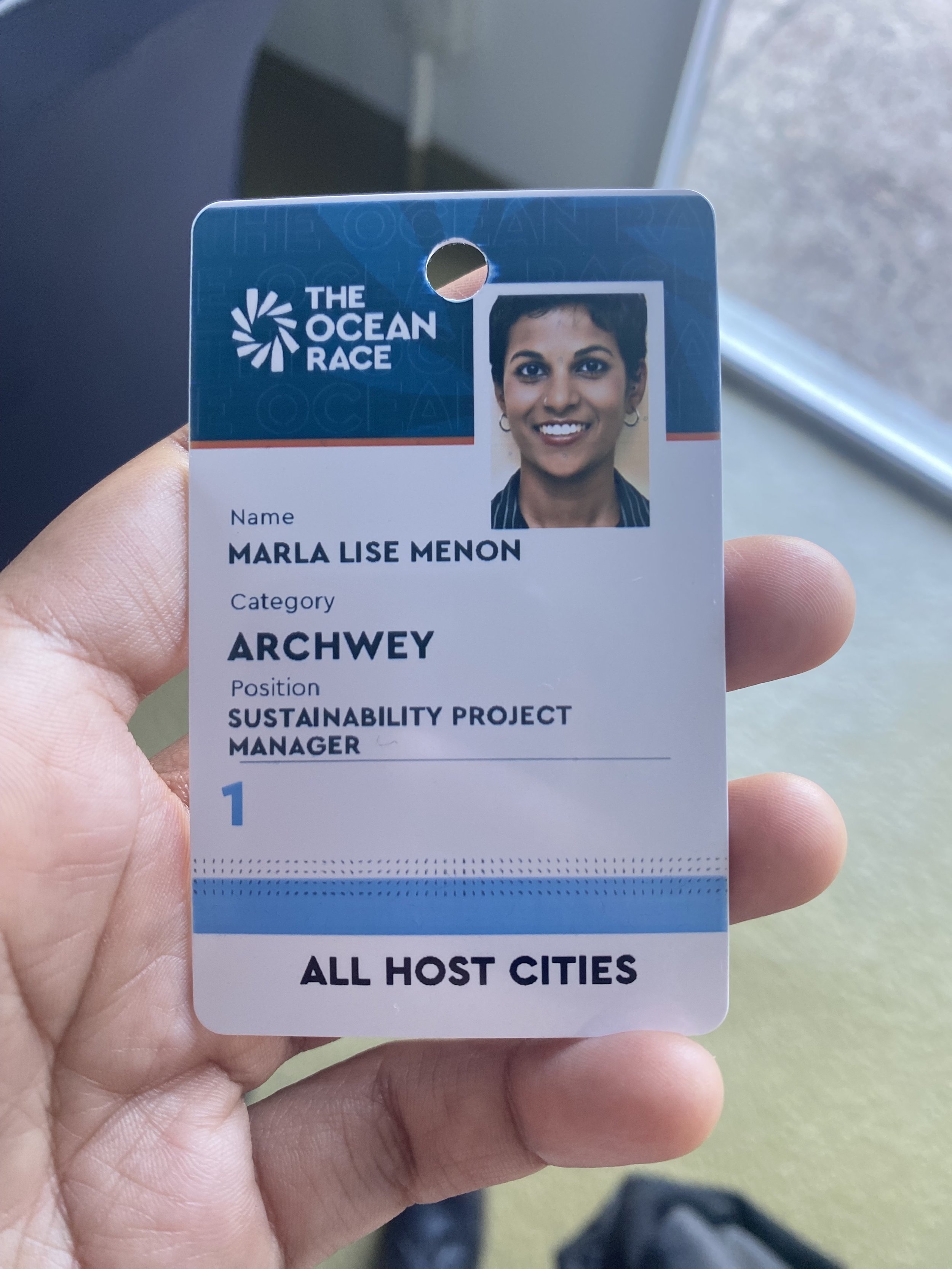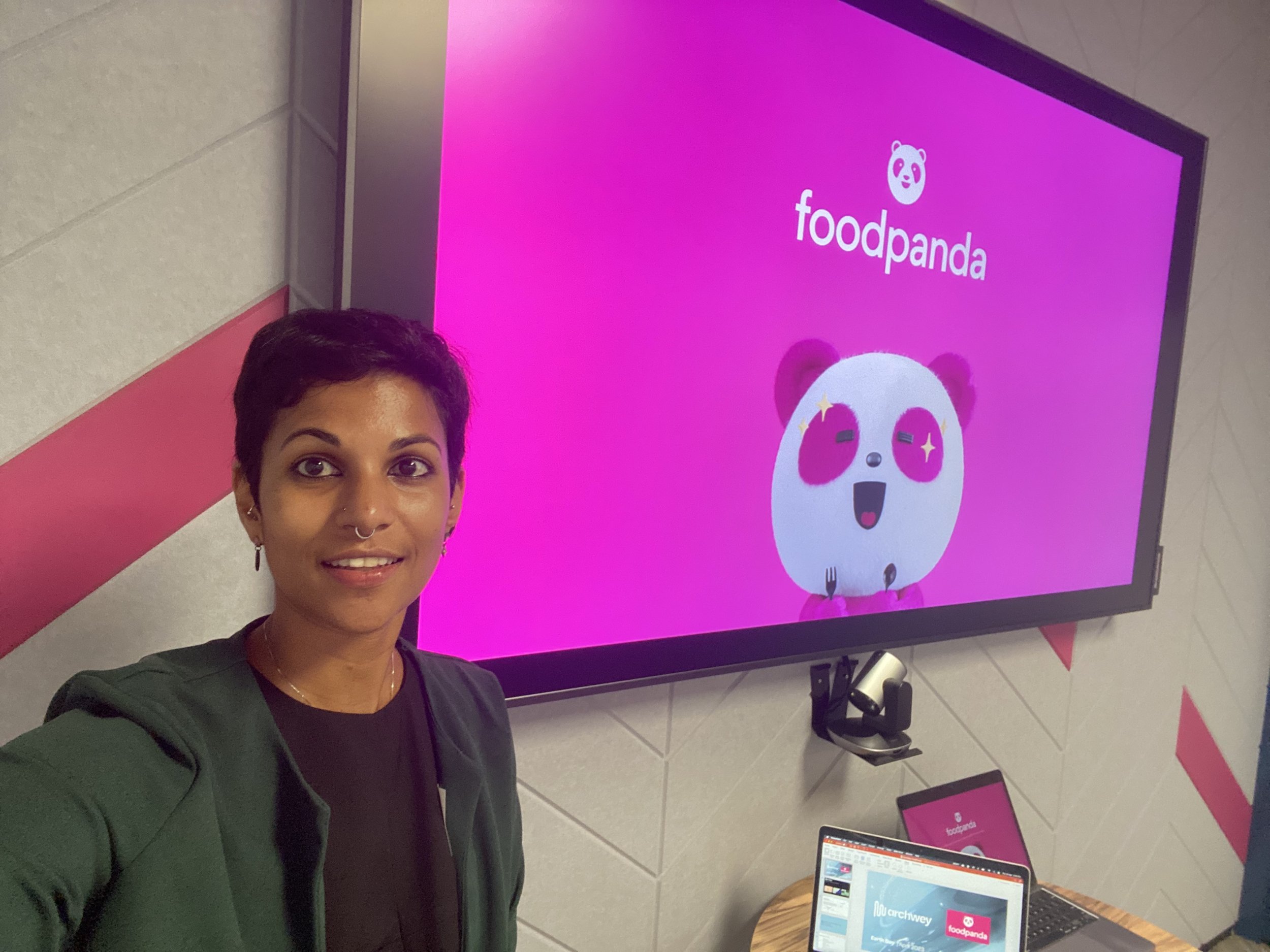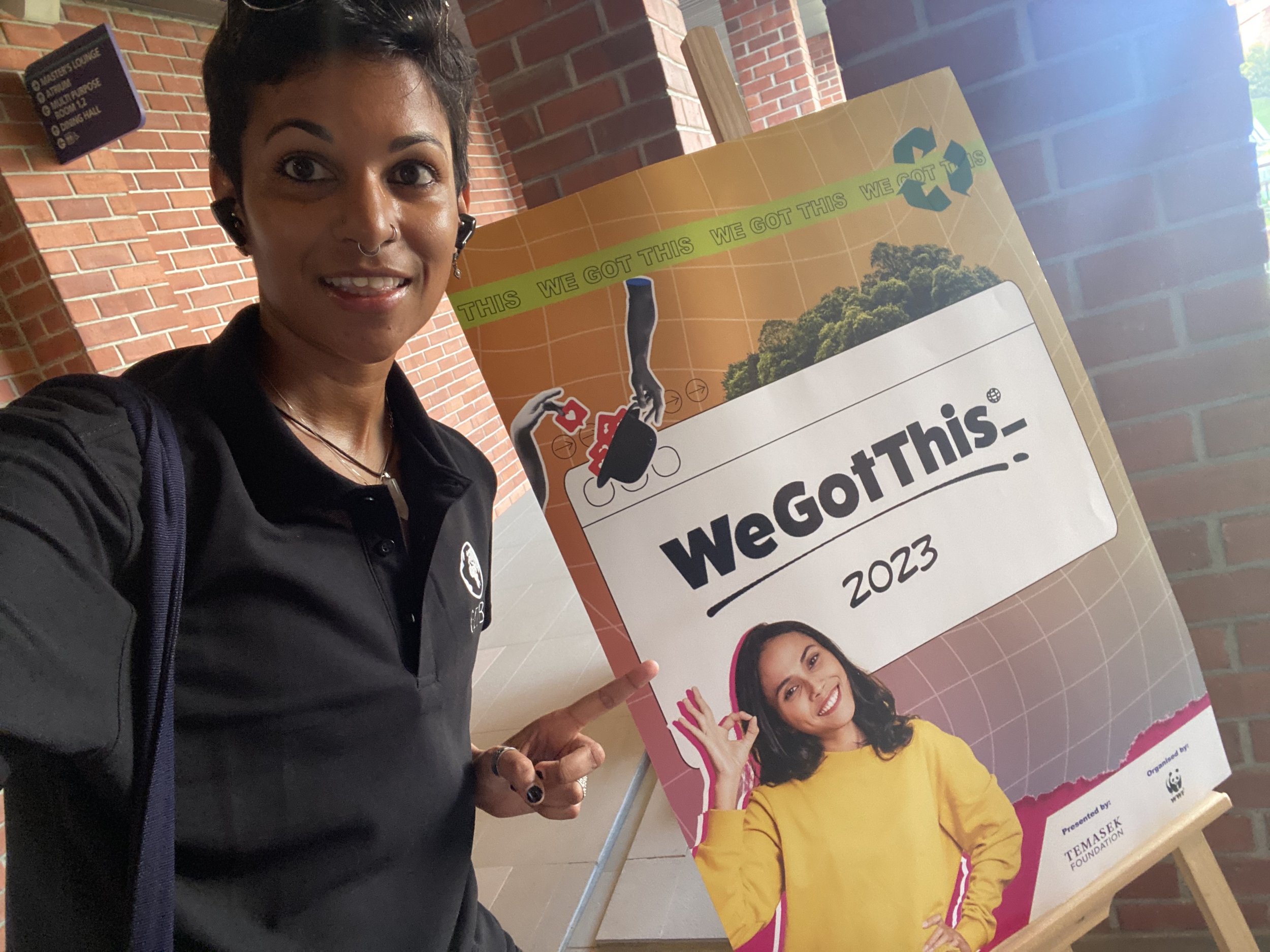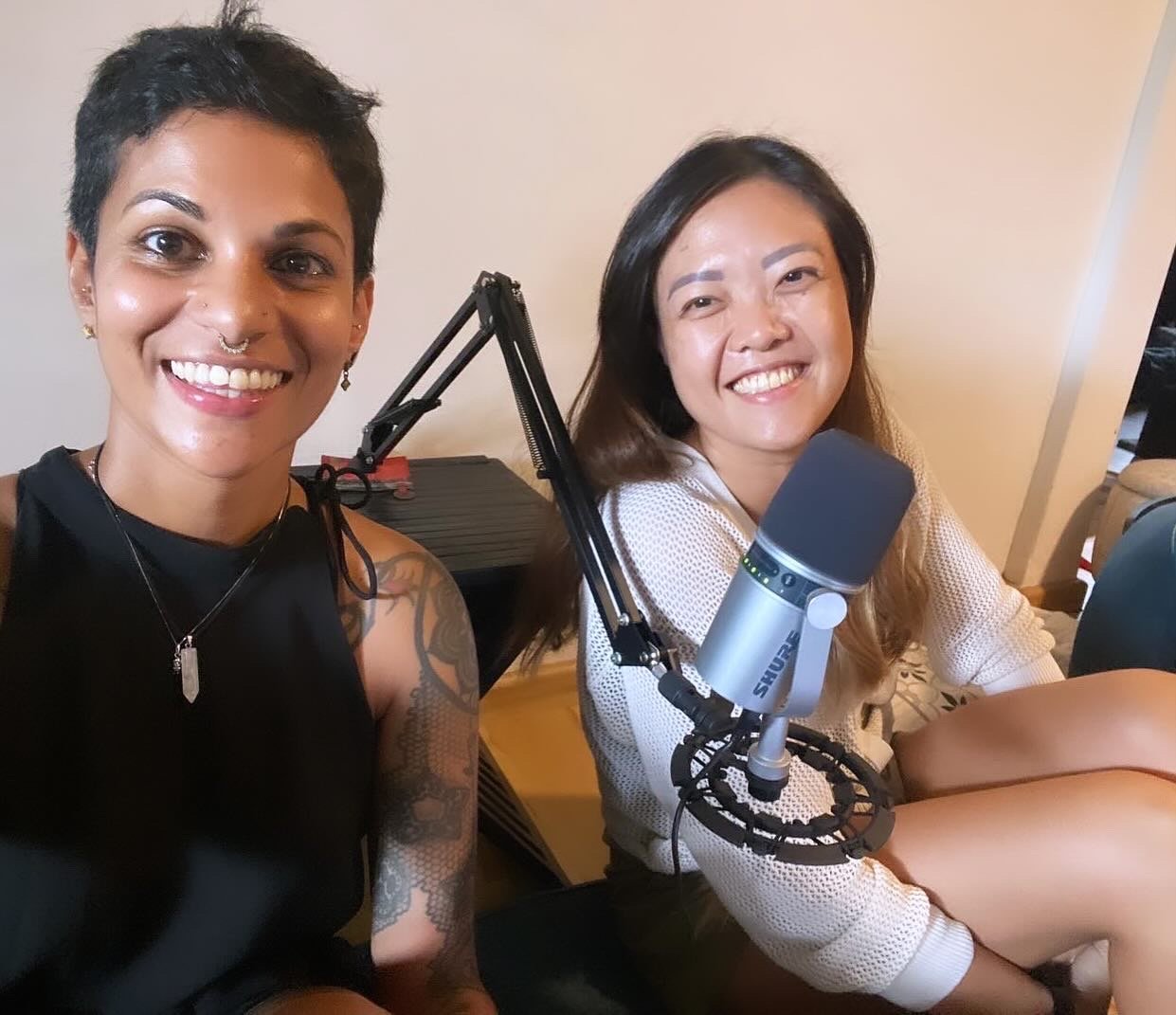Tunnel vision
It almost feels like every day is ground hog day. Every time I look at my social media all the ideas of the world converge into a repetition of concepts. Controlled by AI and search engines, my feed is dominated by things I already know. Reinforcing beliefs without the exposure to new ones. Filtering out unwanted information, no matter how pertinent it may be. Almost 8 billion people in the world, 1 billion of them registered on LinkedIn, yet a constant stream of the same faces, same voices, and same companies appear, every day.
In order to increase engagement, open-mindedness, creativity, and novelty are being taken over by machine learning, big data, and algorithms. Broad ideas, new concepts, and contemporary decisions are being replaced with fads, trends, and that which is sexy.
Apparently, I’m not the only one who feels this way. Some other people I’ve spoken with have said it is like we’re in an echo chamber. We’re bombarded with information, beliefs, and views that simply mirror our own. Voices that sound like ours. People that we strongly agree with.
Weren’t technology and globalization meant to broaden the mind rather than narrow it? Yet, the same faces are popping up on different panel discussions in different countries, companies, and industries because once they’re ‘in the know’ and everyone wants them on board. The same companies are repeatedly popping up on internet searches because of their SEO capabilities and their professional digital marketing teams. There is a plethora of information sitting out there that we have no access to because of the limits of technology.
Based on the targeted knowledge we receive, the world becomes so clear. We are easily able to point fingers and say who’s right and who’s wrong. Answers are staring us right in the face. Simply because we are shown no other alternative.
In the world of sustainability, suddenly the only culprit is carbon. Carbon credits, carbon footprints, carbon reporting, carbon tax, carbon markets, carbon accounting. We’re limited by our carbon tunnel vision. This concept was first coined by Jan Konietzko in 2021. He wrote that while we have to tackle the problem of carbon emissions, we also need to consider many other factors like social impact, biodiversity loss, and education. Sustainability has taken over climate and environmental science and has become the buzz word for saving the planet. Every educational institute suddenly has a sustainability degree program, every company, a chief sustainability officer and sustainability reporting, acronyms, and accounting are all the rage these days.
The fluff and faff of meeting in big global conferences to discuss the future of the planet through language semantics like, ‘phase out’ or ‘transition away’ and the excitement over inclusion of text in documents that could ultimately lead to the end of life as we know it. In 2022 a press release by the IPCC stated very clearly that, “without immediate and deep emissions reductions across all sectors, it will be impossible” to limit global warming to 1.5°C. Yet, we remain distracted by shiny, flashy things. Even saving the planet has become more of a place to be seen than a place of action. We still don’t want to jeopardize ourselves and give up luxuries, because, well, it’s simply not sexy.
Did you know they were discussing what cutting down rainforests would do to the planet back in ancient Greek times? Later in 1896, a Swedish scientist named Svante Arrhenius was the first one to piece together that humanity was essentially going to kill the planet. So, essentially, this information has been around for a very, very long time. And now scientists are pounding us over the head with irrefutable proof that humans are the primary cause of all of this.
Despite decades of warnings by scientists, climate deniers still believe that climate change is a natural phenomenon. Most people still believe that we’ll all be fine. We go to bed at night knowing that someone else out there is dealing with this problem because it’s their job. Simply because for most of the world’s population, this kind of science simply isn’t what we see on our social media feeds. We delete posts that are irrelevant to us, that are disturbing or that make us feel guilty about our choices. And so, we work the algorithm to fill our feeds with happy things. Consumerist behaviour, material choices, unsustainable lifestyles. Sexy stuff.
We believe that if we have a sustainability department, write sustainability reports, and pay our carbon taxes, we’re absolved from the plight of the planet. We’re forgiven for global warming.
But have we fallen into the trap where ignorance is bliss and this disregard for the unsexy is simply driving us to an existential crisis that we can’t escape from?


